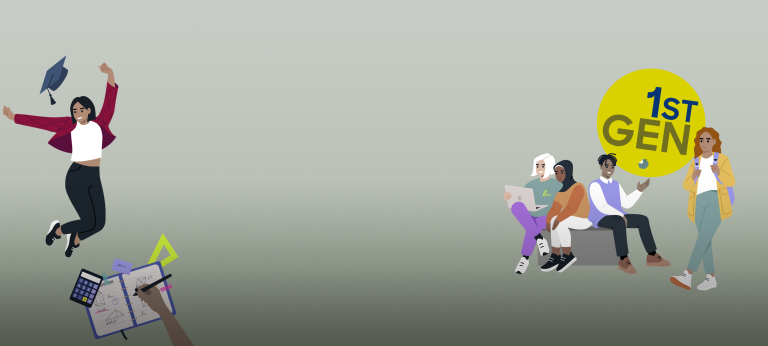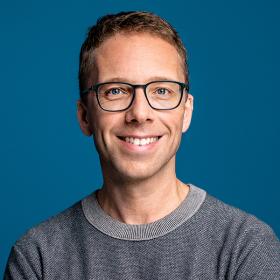

Thomas, Principal
"Inform yourselves well about the full range of scholarships available and do not be discouraged by the statistically low chances of a successful application."
Tell us about your path to Roland Berger!
I was born and raised in Nürtingen near Stuttgart and completed my Abitur at an academic high school there. After doing my civilian service, I studied Business Administration at the University of Bayreuth and then Politics, Sociology, and History at the University of Freiburg im Breisgau and at the Pontifical Catholic University in Santiago de Chile. I got to know Roland Berger shortly before the end of my studies by participating in a workshop event. After my studies, given the financial crisis and the difficult job market for consultants, I initially completed a traineeship in political consulting in Berlin. Subsequently, I joined Roland Berger as a Junior Consultant in the spring of 2010.
What motivated you to be the first in your family to start studying?
My academic performance in school was very good, and during career counseling for students, it became clear that I was primarily interested in professions that require a degree.
What challenges did you face and how did you overcome them?
I initially had to explain in detail to my parents what support I needed during my studies, as they were unfamiliar with the topic of higher education. After that, they always supported me wonderfully! During my studies, I successfully applied for a scholarship from the Friedrich Ebert Foundation, which was a great material support, especially for my studies abroad in Chile. Additionally, I had to acquire all the knowledge about studying on my own, as there was no experience with it in my family – however, I found good information resources both in advance and after starting my studies.
What would you have liked to know earlier?
How important social capital (contacts, etc.) and the habits shaped by one's background are for professional success. Very often, it is not your own performance that is decisive. With my current knowledge I would combine my fields of study a bit more skillfully.
What was particularly important to you as a FirstGen student during your job search/decision for an employer?
To make sure that performance orientation is highly valued and that the company and colleagues do not seem too elitist.
Why did you decide to pursue a career at Roland Berger?
Given my background in economics and political science, I found the opportunity to connect both topics at Roland Berger in the area of "Civil Economics, Energy and Infrastructure" very attractive. Additionally, I liked that Roland Berger has European roots.
How was your start at Roland Berger? And how do you like it now after some time in the company?
I really enjoyed my time at Roland Berger from the very beginning, especially the high value placed on performance orientation and the reliability of colleagues. After nearly four years, I switched to industry and then returned to Roland Berger after three positions there. This was due to the very good experiences I'd had during my initial time at Roland Berger and the great alumni network.
What has been the best experience you’ve had at Roland Berger so far?
On the one hand, the reliability among colleagues from the very beginning – especially in critical situations, you can count on others at Roland Berger. Furthermore, I found it wonderful, after my return from industry to Roland Berger, to see how much more diverse the corporate culture had become.
What advice would you like to give to FirstGen students?
Inform yourselves well about the full range of scholarships available and do not be discouraged by the statistically low chances of a successful application. And make use of the non-material support in addition to the material support if you get a scholarship.

_tile_teaser_h260.jpg?v=1263681)




